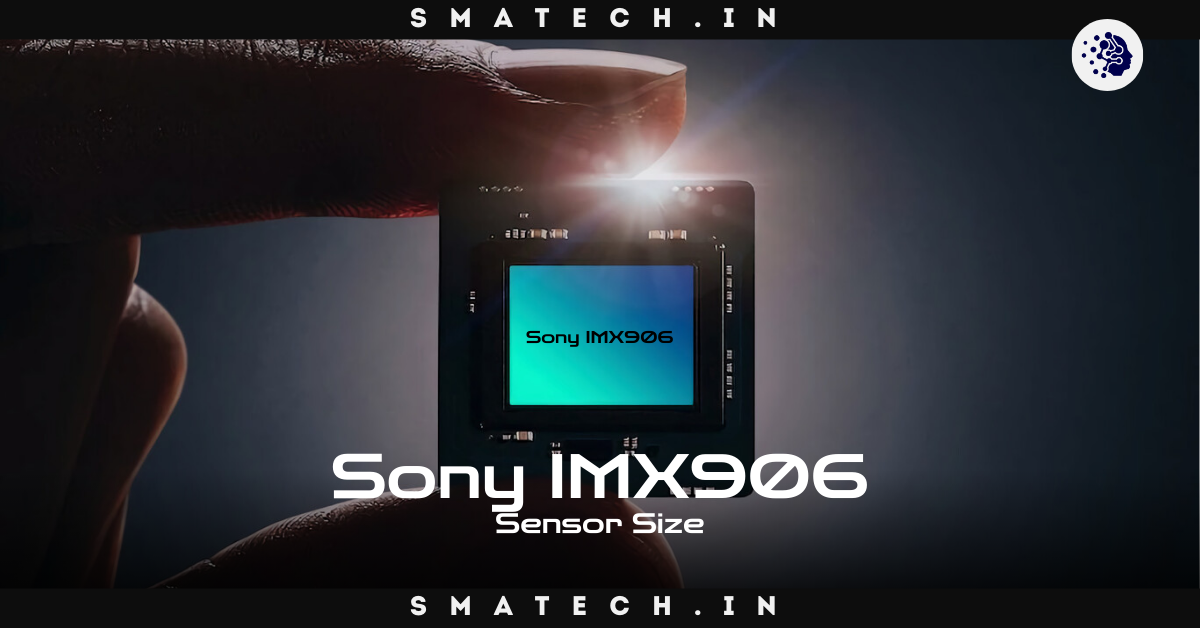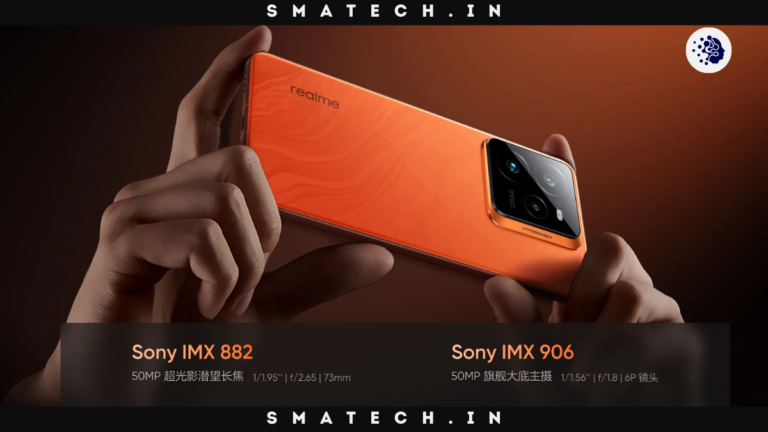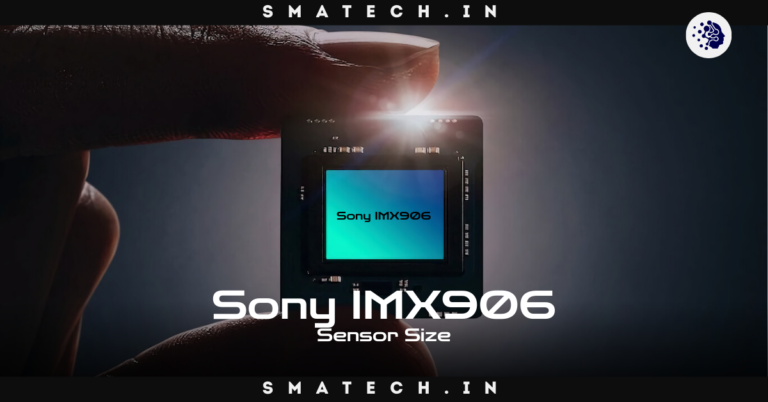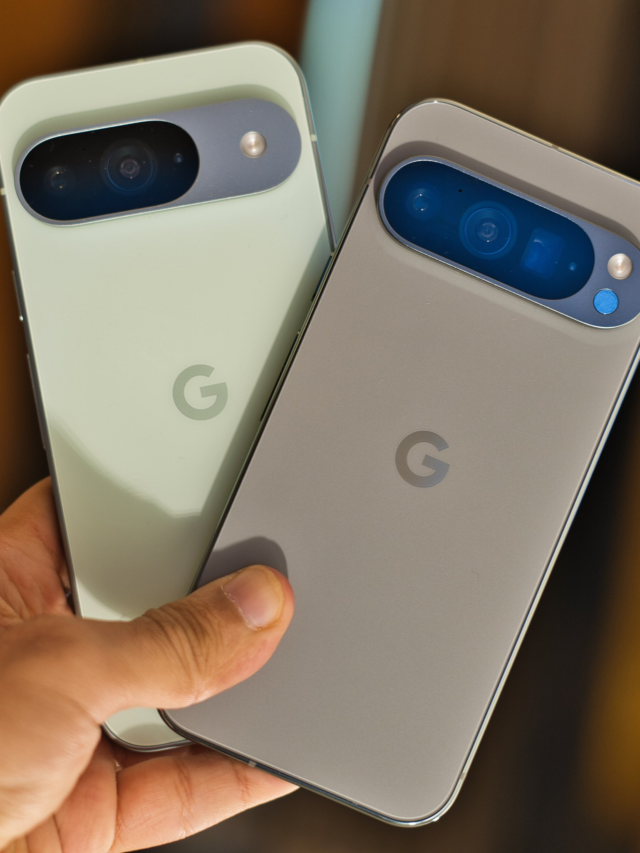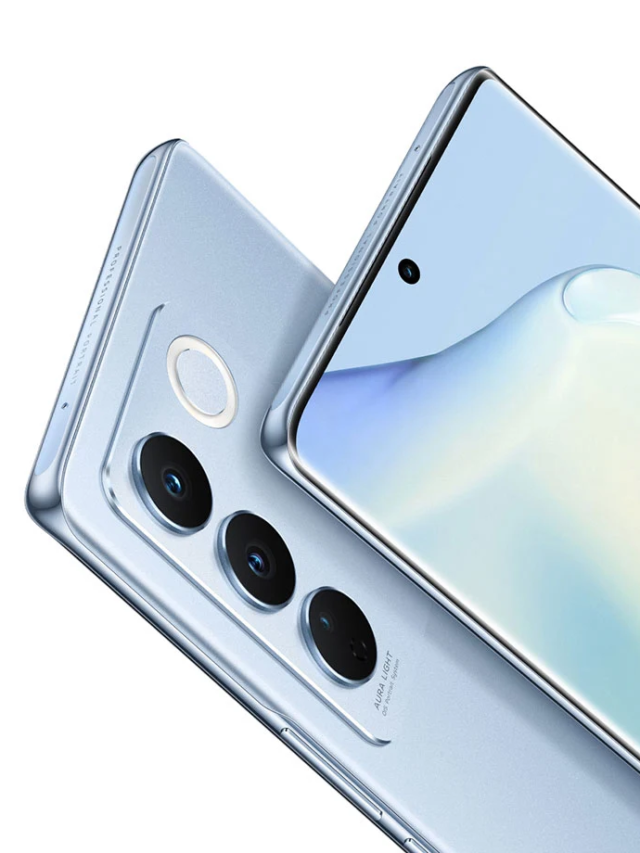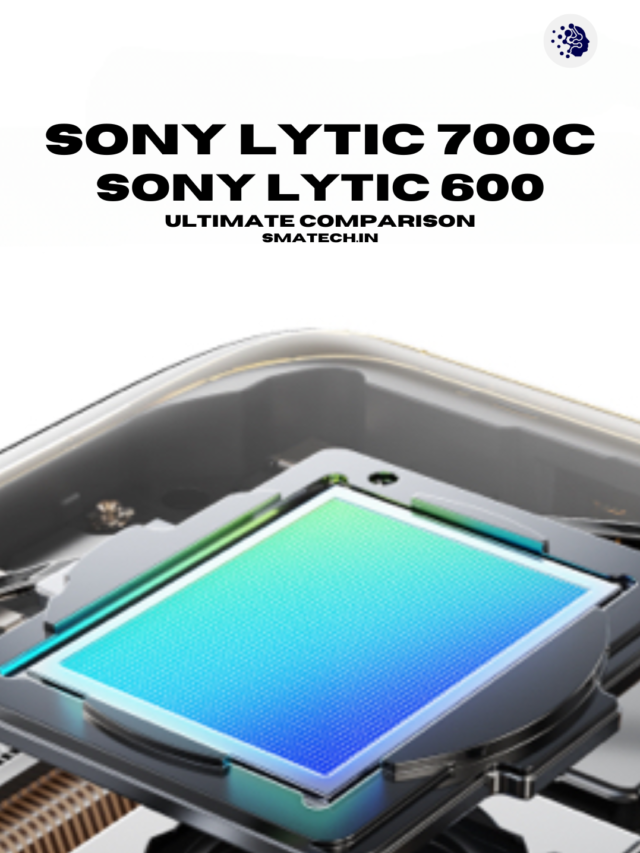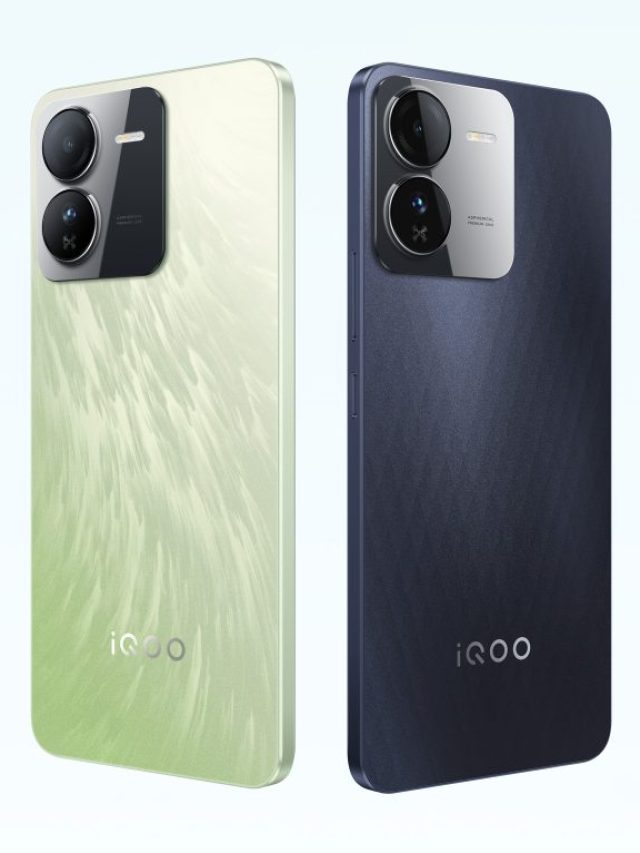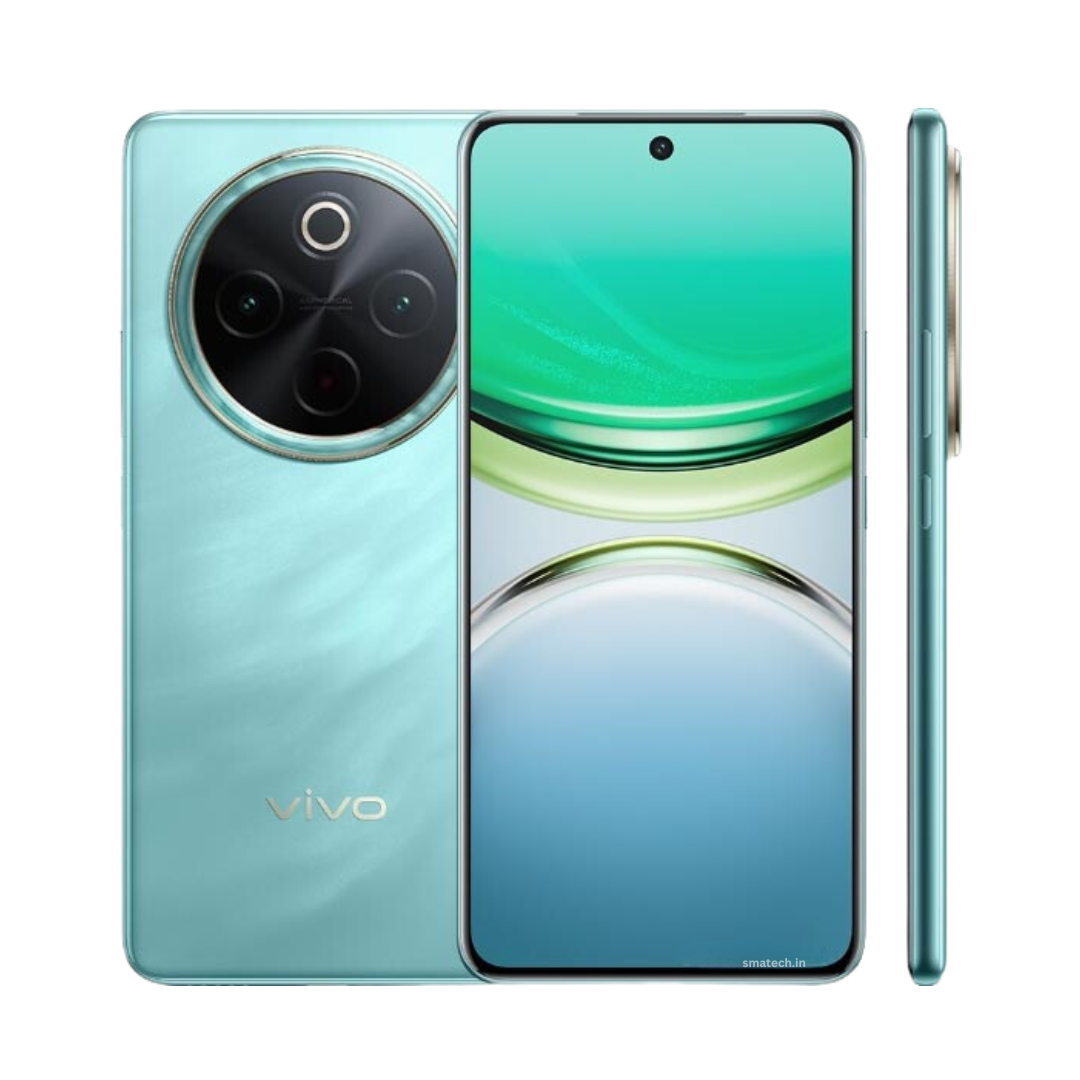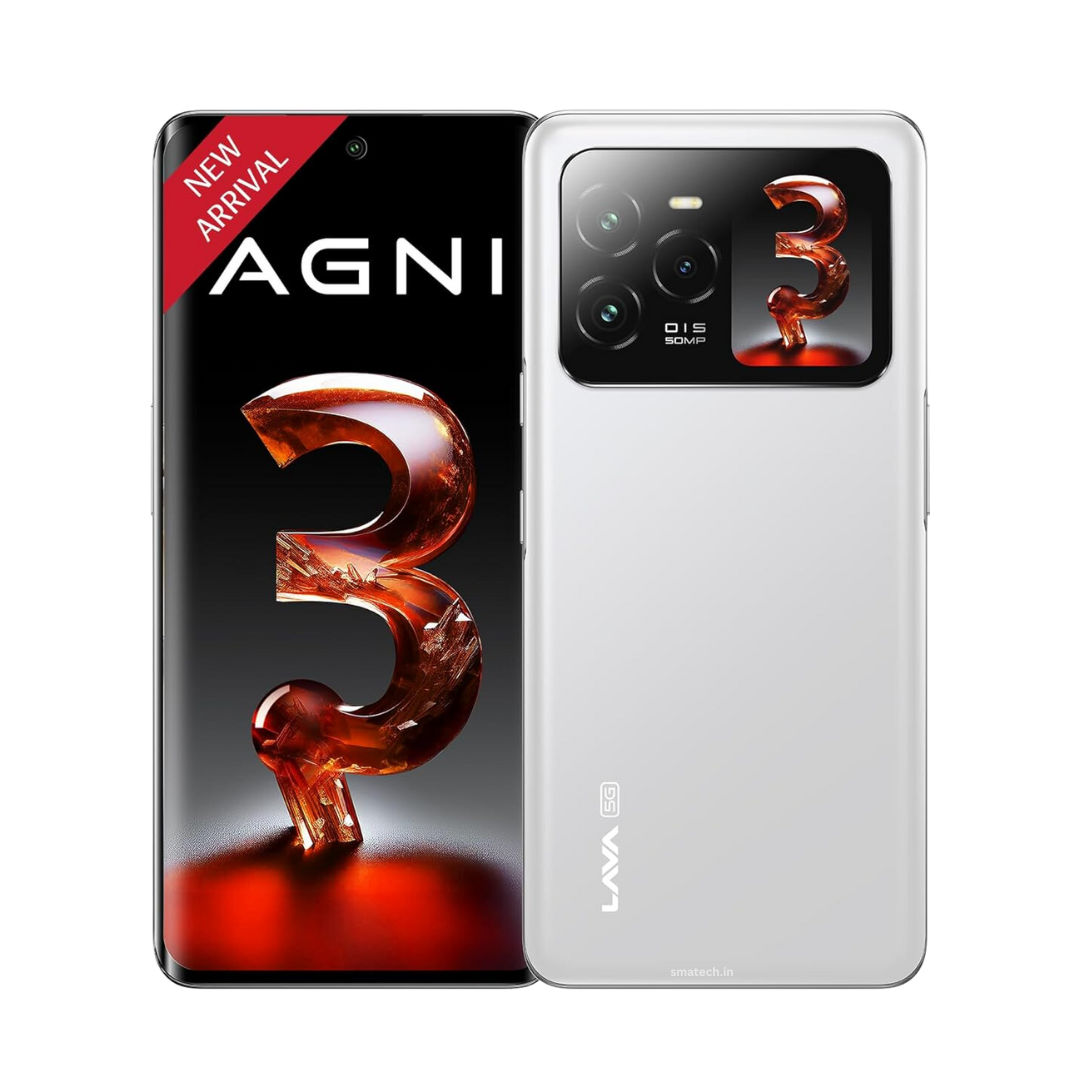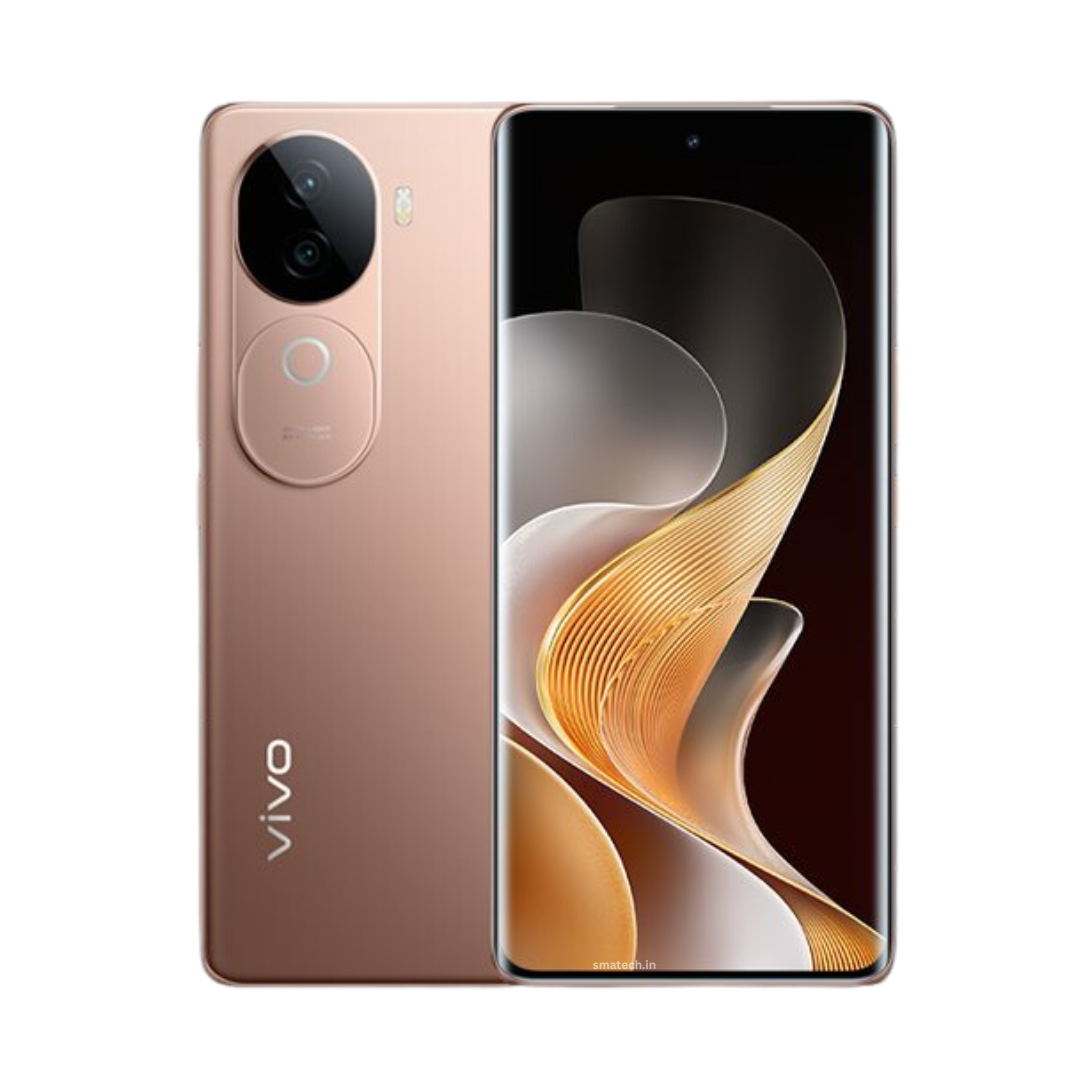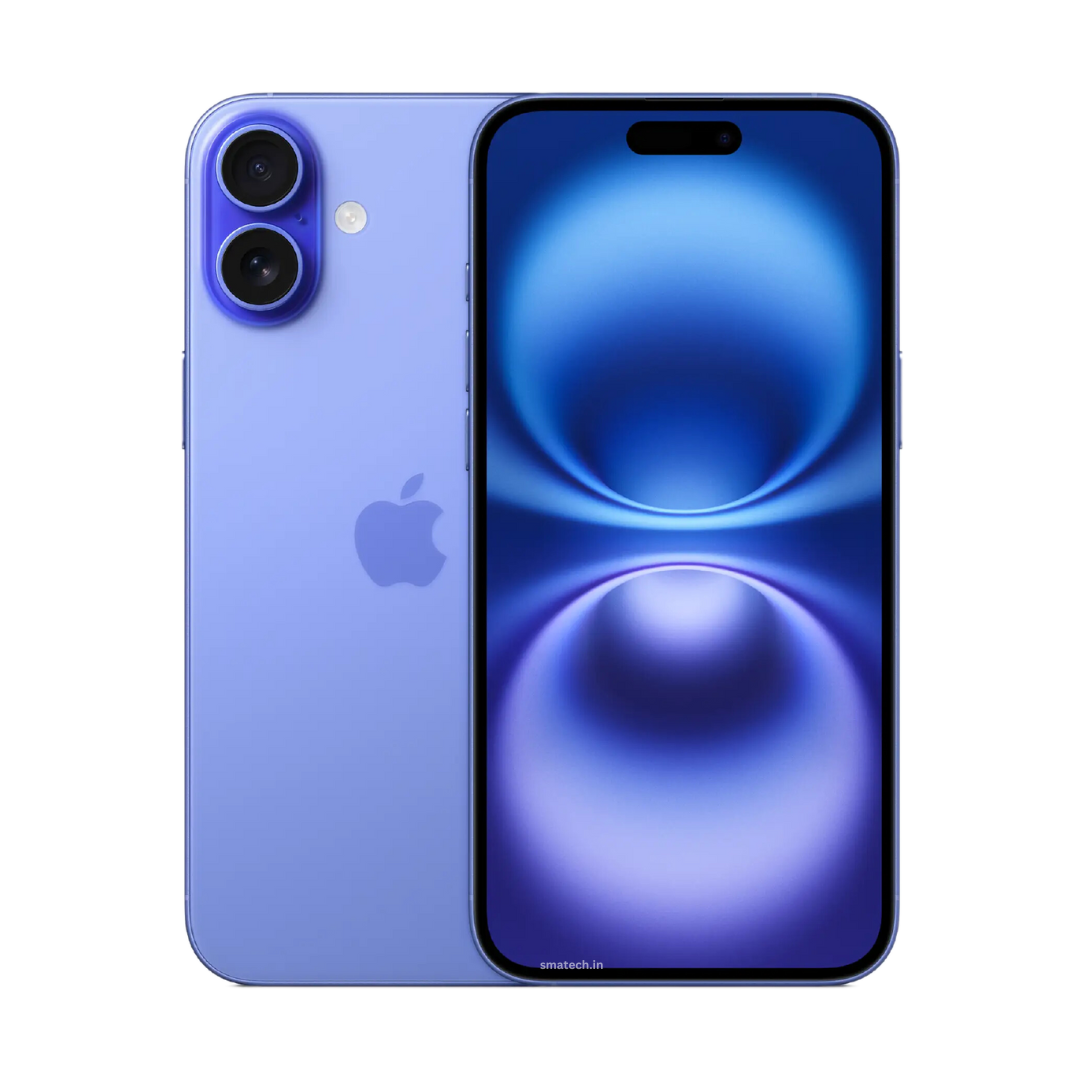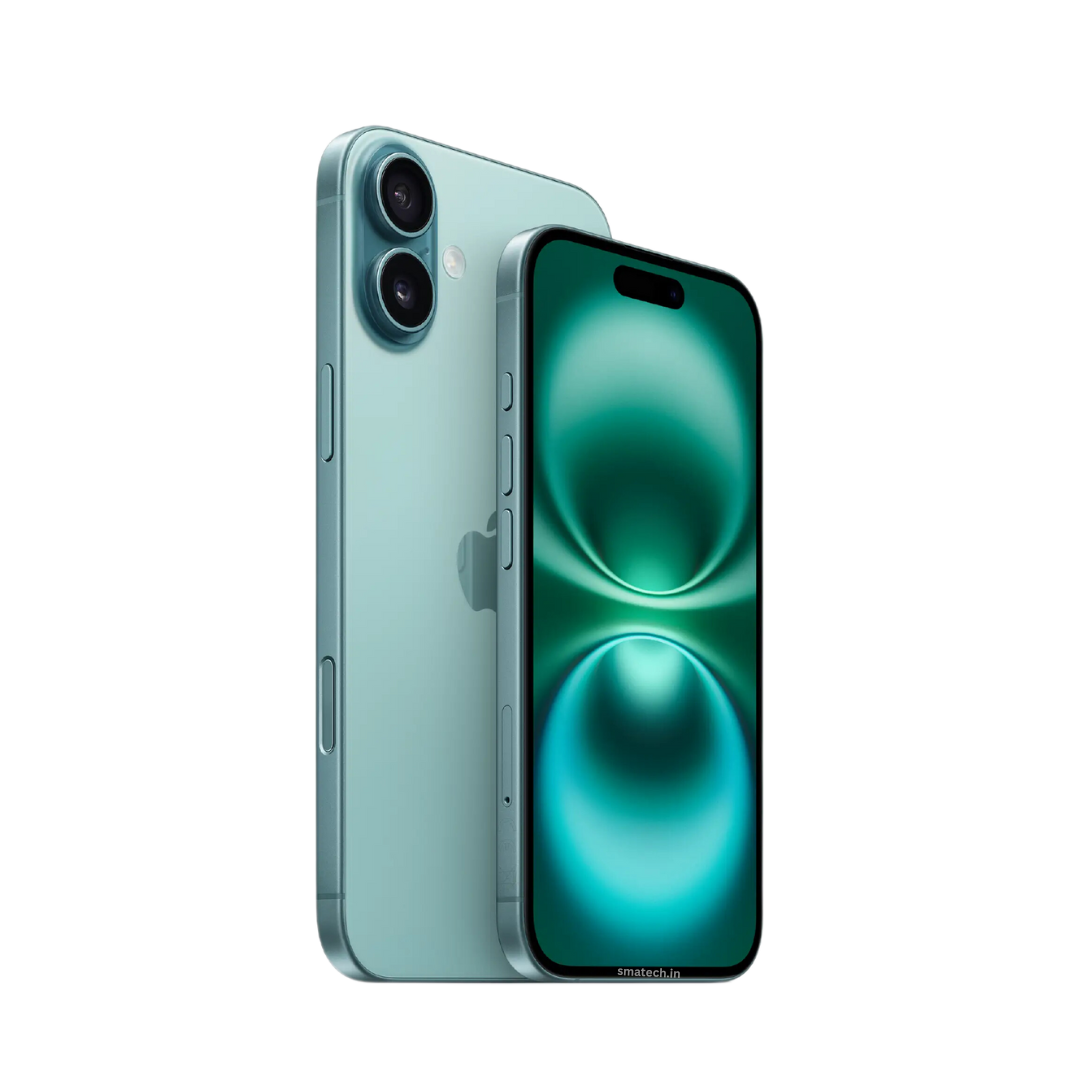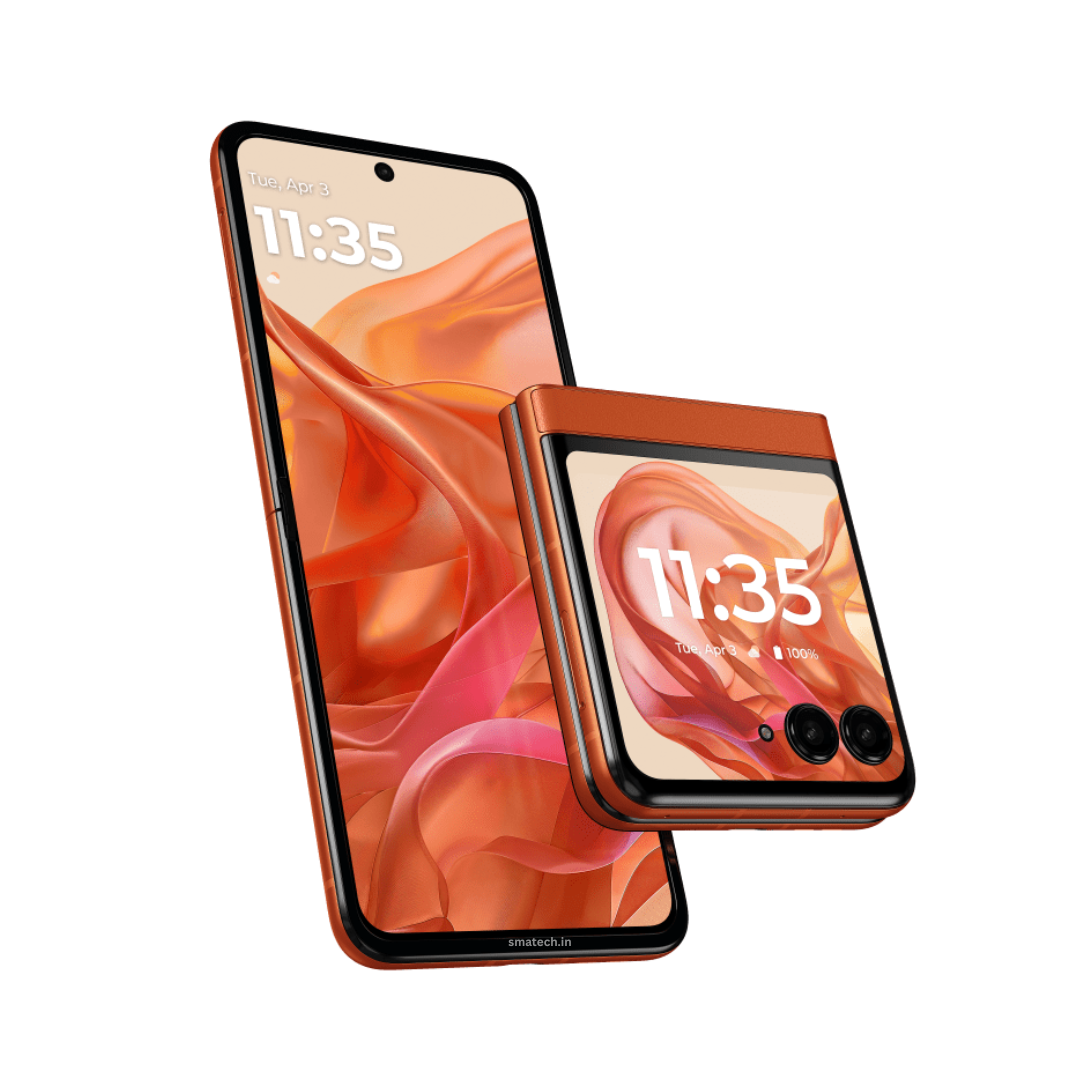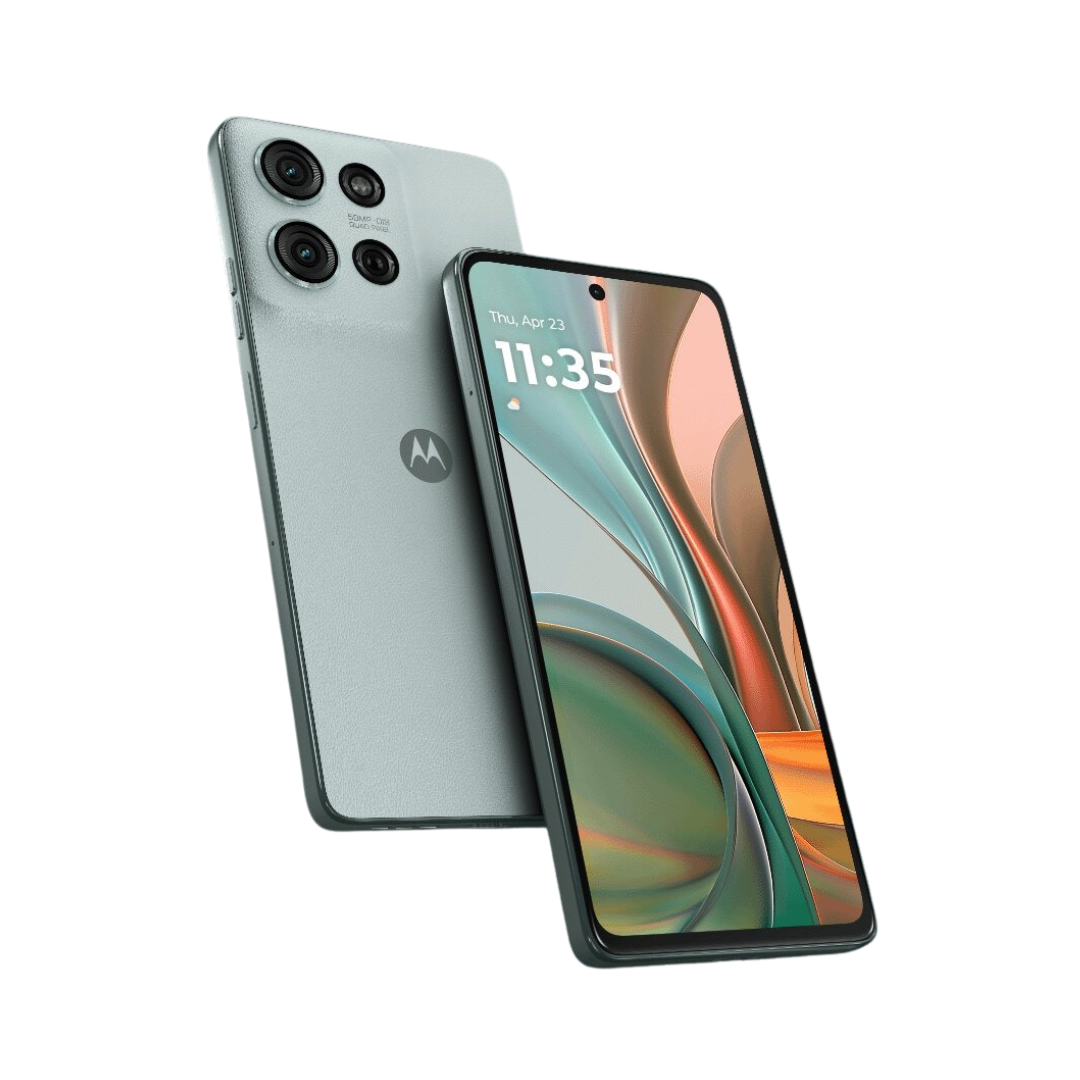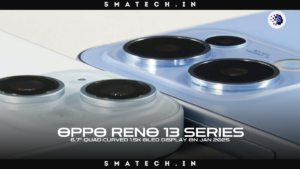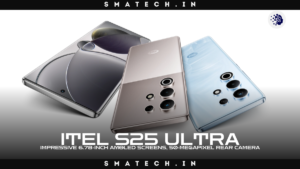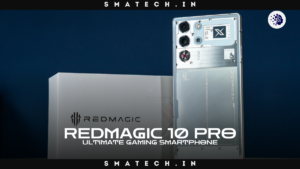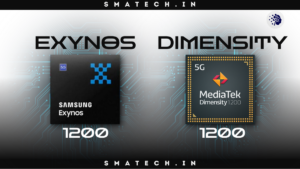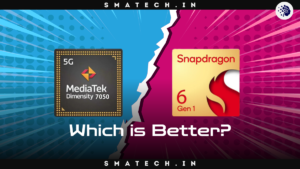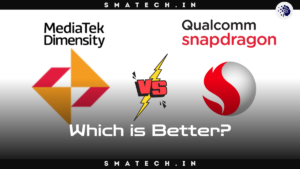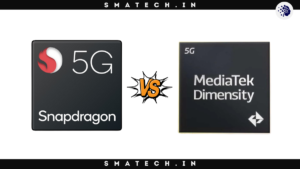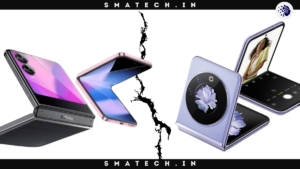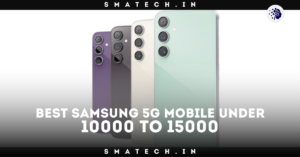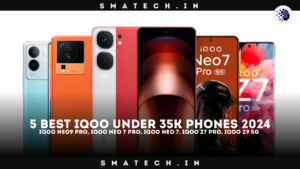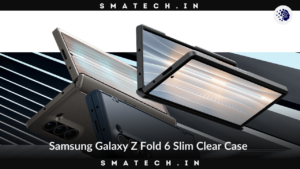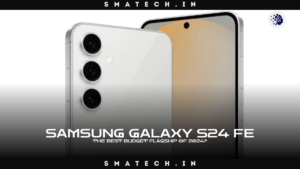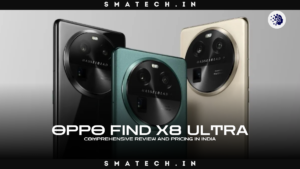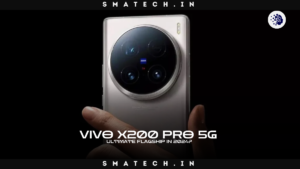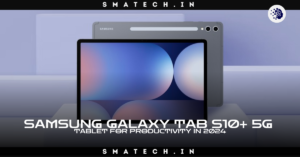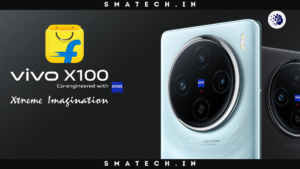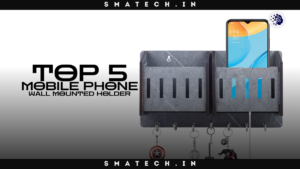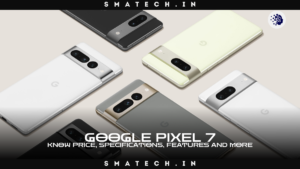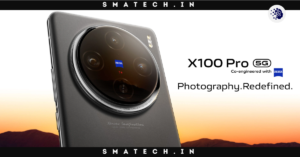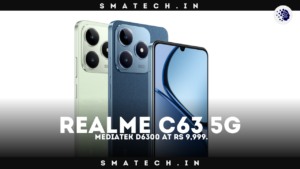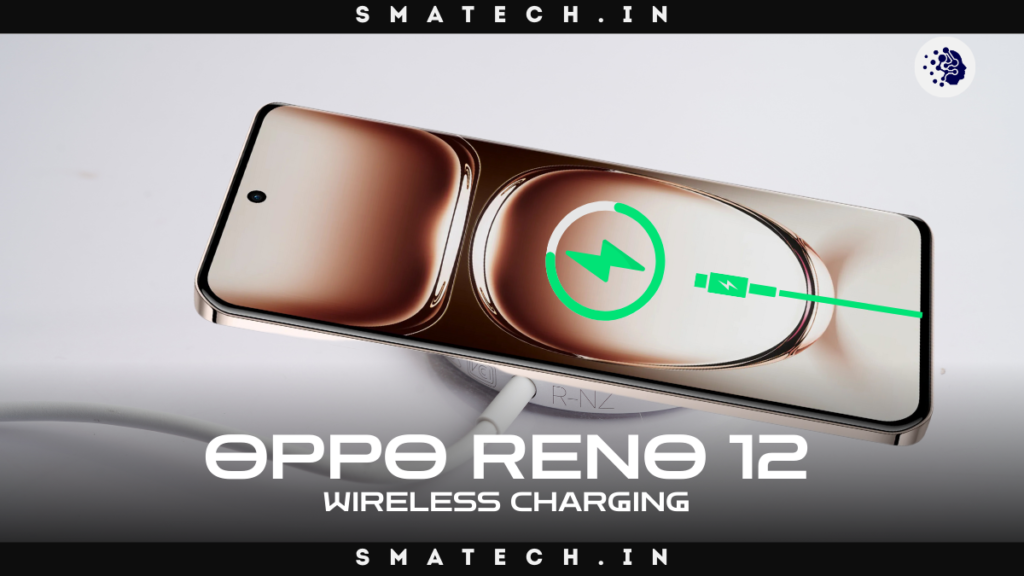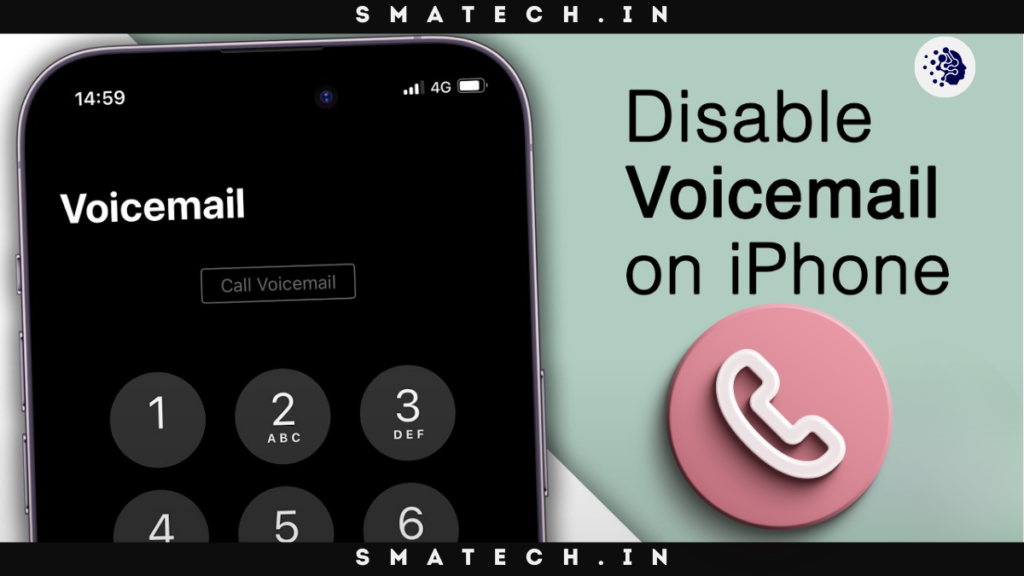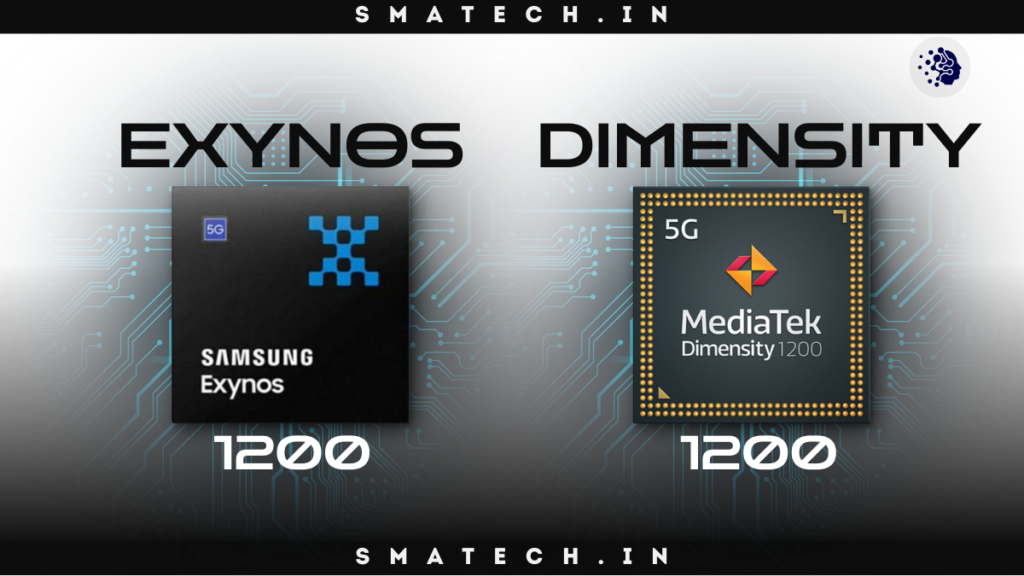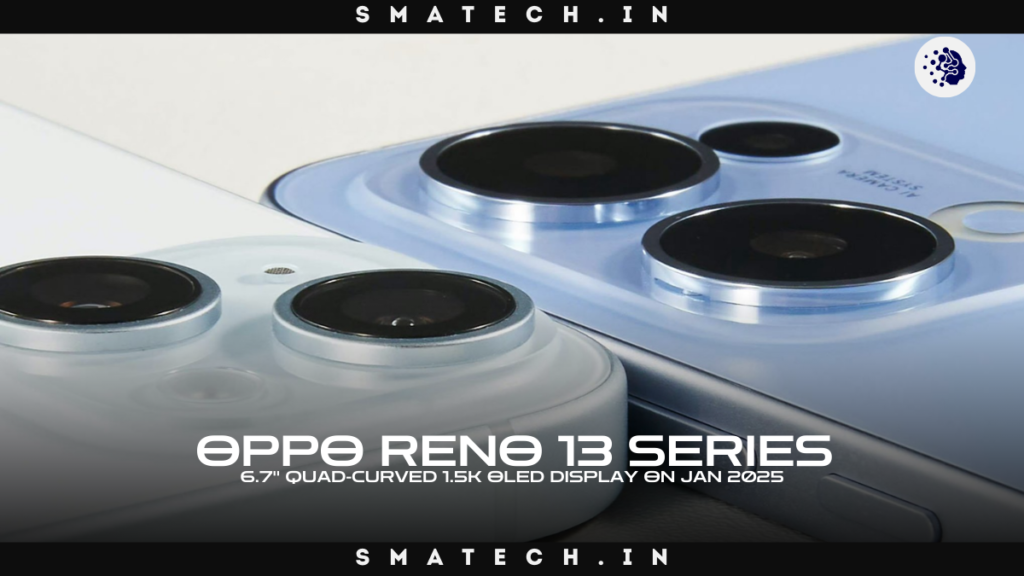With smartphone technology evolving so quickly these days, camera performance has emerged as a key determinant of customer preference. Sony IMX906 sensor size is one of the key components that makes a camera perform better than others, especially in low-light situations. Thanks to its increasing popularity, the Sony IMX906 sensor is becoming more and more well-liked among smartphone makers and nighttime photographers.
Understanding Smartphone Camera Sensors
Smartphone Camera Sensors Explained
The camera sensors in smartphones are essential for taking sharp pictures. They serve as the foundation for digital photography by converting light into electrical impulses. Larger sensors usually work better in low-light conditions, capturing more light and resulting in crisper, lower-noise photographs.
Sensor Size vs Image Quality
In photography, the link between sensor size and image quality is crucial. Greater dynamic range and colour fidelity can be achieved with larger sensors, such as the Sony IMX906. This is especially crucial for low-light photography, as it frequently compromises image clarity.
High-Resolution Camera Sensors
Detailed images can be captured using high-resolution camera sensors, which makes them perfect for digital and print displays. With its remarkable specs, the IMX906 gives photographers the equipment they need to capture breathtaking nighttime images that are clear even in difficult lighting conditions.
Best Sensors for Low-Light Photography
IMX906 vs IMX766 Comparison
Other top sensors, such as the IMX766, are fierce rivals of the Sony IMX906. Both sensors function admirably, but the IMX906 is particularly noteworthy for its improved light-gathering ability. Users claim that the IMX906 is the best option for night photography since it generates images that are brighter and more colourful in low light.
Related Post
Best Smartphone for Night Photography
When evaluating which smartphone is ideal for taking photos in low light, search for models that include the IMX906 sensor. Companies using this technology are commended for their ability to capture breathtaking interior and nighttime scenes with extraordinary depth and clarity.
Photography Tips for Smartphones with IMX906 Sensor
Maximizing the IMX906’s Potential
Users should adhere to particular photography guidelines for the IMX906 sensor to get the best results. Here are some methods to make the most of it:
- Use a Tripod: In low light, stability is essential. With the use of a tripod, camera shake can be reduced, enabling longer exposure durations without introducing blur.
- Adjust ISO Settings: Increasing the ISO can aid in capturing more light from the sensor, but use caution as noise may arise. Don’t be afraid to experiment because the IMX906 handles higher ISO settings better than many other sensors.
- Make Use of Night Mode: A lot of smartphones that use the IMX906 sensor have specific night modes that optimize settings for taking pictures in low light. Making use of this feature can improve image quality significantly.
Image Clarity and Sensor Size
Low-Light Smartphone Camera Sensors
Because of its bigger size, the IMX906 sensor performs better in low light than smaller sensors. This is very useful for taking pictures at night when there is much less light. Even under difficult settings, users can anticipate vivid colours and crisp details.
Fast Autofocus in Low Light
The IMX906 sensor is particularly notable for its ability to focus quickly in low-light conditions. This is crucial to making sure you don’t miss that ideal snap when photographing ephemeral moments during events or gatherings that take place at night.
Best Camera for Fast-Moving Subjects
Sensor Size for Motion Photography
Many smartphone cameras struggle to capture fast-moving subjects in low light. But because of its cutting-edge technology, the IMX906 sensor can keep focus and sharpness, which makes it a great option for action photos taken in low light. With its improved performance, photos with motion blur can be produced that are clear and sharp. Sony IMX906 sensor size.
Smartphones with IMX906 Sensor
A number of smartphones featuring the IMX906 sensor have gained popularity due to their exceptional photography capabilities. Reviews usually emphasize how well these devices work in low light, which makes them perfect for photographers. Sony IMX906 sensor size.
Detailed Photography with Smartphone Sensors
Best Sensor for 4K Video
Another highly regarded feature of the IMX906 sensor is its video capability. It can record smooth footage in low light thanks to its ability to shoot high-quality 4K video. Large sensor sizes and cutting-edge processing technology combine to provide vivid colours and superb detail that appeal to both hobby and professional videographers. Sony IMX906 sensor size.
Camera Sensor Comparison in Smartphones
It is clear from comparing the IMX906 to other sensors that its size and technology greatly improve low-light performance. Users benefit from a competitive edge by using the IMX906 sensor, whether for still photos or video. Sony IMX906 sensor size.
Smartphone Sensors for Vibrant Colors
Accurate Color Reproduction
The accuracy with which colours are reproduced by the Sony IMX906 sensor is an important feature for photographers who want to capture the beauty of night settings without distortion. The sensor’s technology makes sure that colours are vivid and accurate, producing breathtaking images that captivate viewers. Sony IMX906 sensor size.
Best Phones for Camera Quality
Smartphones with the IMX906 sensor are frequently at the top of the list for people looking for exceptional camera quality. Photography aficionados love them because of their reputation for colourful image capturing and great low-light performance. Sony IMX906 sensor size.
Conclusion
The Sony IMX906 sensor size provides excellent low-light performance, vivid colours, and detailed image quality, making it the perfect choice for nighttime photography. Understanding this sensor’s benefits can help photographers improve their work and guarantee that they always get beautiful shots, no matter the lighting. To maximize the potential of your photography endeavours, take into consideration smartphones with the IMX906 sensor when searching for the best smartphone for night photography. Sony IMX906 sensor size.
FAQs related to the Sony IMX906 sensor and its application in photography:
1. What is the Sony IMX906 sensor?
Known for its remarkable low-light performance and capacity to take high-resolution photos, the Sony IMX906 sensor is a high-performance camera sensor made for smartphones. It is perfect for night photography since it improves overall quality, colour accuracy, and image clarity.
2. How does the IMX906 sensor compare to other smartphone sensors?
In low light, the IMX906 sensor performs better than many other smartphone sensors. Because of its bigger size, it gathers more light, producing images that are brighter and have fewer noise. In difficult illumination conditions, the IMX906 performs better than sensors such as the IMX766.
3. Can smartphones with the IMX906 sensor capture 4K video?
Yes, 4K video can be captured in high definition on smartphones that have the Sony IMX906 sensor installed. Because of its sophisticated technology, the sensor produces clear video and brilliant colours even in dimly lit areas, which makes it ideal for content producers and videographers.
4. What are the best practices for using the IMX906 sensor in low-light photography?
In order to fully utilize the IMX906 sensor in low light conditions, consumers must think about employing a tripod for steadiness, modifying ISO settings to minimize noise, and making use of the specific night mode found on numerous smartphones equipped with this sensor. These procedures can greatly improve the quality of the images.
5. Which smartphones currently use the Sony IMX906 sensor?
Because of its outstanding photography capabilities, the Sony IMX906 sensor is found in a number of premium smartphones from top brands. Popular models come from companies like OnePlus, Xiaomi, and Sony, which are renowned for emphasizing excellent photography and videography.

